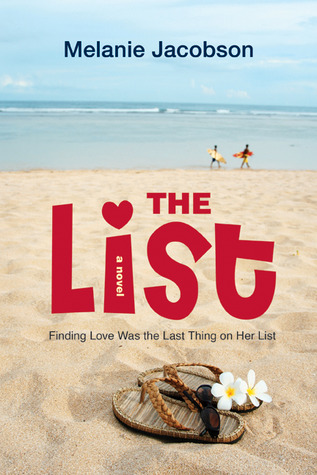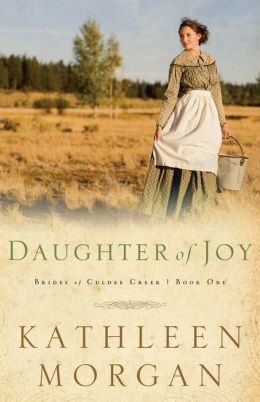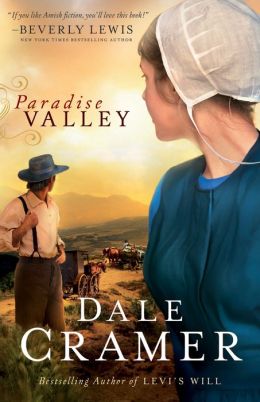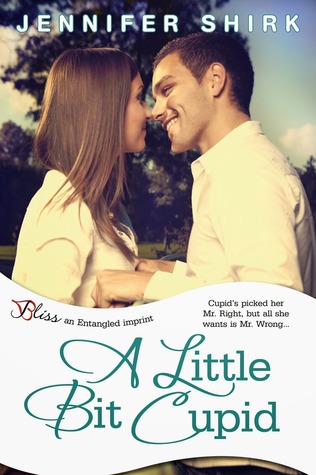When I first started writing my novel, I began by creating a skeleton outline. I mapped out scenes I knew would take place, starting with the beginning all the way to the end. I went back and filled in tidbits of dialogue floating around in my head for the middle too. My outline and scene sketches were I initially wrote in third person to give myself an idea of what would happen to the characters. But as I started writing the meat of the story, after I really got to know the characters, it was pretty instinctual for me to switch over and write in first person past tense (he went, she sat, they walked). But I figured out relatively quickly into the writing process that this story demanded to be told in first person present tense.
Now if you remember, when I first started writing my novel, I didn't have very much information on how to actually write it, I just started writing it. Needless to say, I didn't understand some of the major pitfalls of writing in first person present tense, such as it can slow the story down, you only get one POV, it can feel static instead of active etc. I just knew that's what this story required. So I went along my merry way, plotting and writing and creating Ali and Jacen's story in first person present tense. And then I went to the ANWA conference and quickly became aware of the fact that people have some pretty serious opinions on POV, especially when it comes to the first person present tense POV. I mean, I know what I like to read but why it had never occurred to me that others have opinions that don't necessarily match mine never really dawned on me. I know what you're thinking... Duh, right? Leave it to me to pick the most "controversial" POV. I do tend to pick the road less travelled so at least I'm consistent.
Hmm...Now what? Okay, it wasn't that I was discouraged about my writing, because if anything I was more motivated to write after attending the conference than anything, but I did begin to question whether I was telling the story in the best possible way and if there was even an audience for my novel. (In truth, I didn't start this with publishing in mind so it wasn't that I was heartbroken over it the fact that it might not ever be formally published, but I did want to create the best story that I could.) So I decided to try a little writing experiment to see how the book would feel it I wrote it in a different POV.
My experiment was to rewrite the first five pages in first person past tense. And Ugh. I hated it. Here's the funny thing: I enjoy reading books in first person past tense, I like present tense better, but reading past tense is fine. But writing in past tense? Nope. It just wasn't happening. Maybe it's because I'm new to this art, or maybe it's just that I'm used to reading and writing this story from a certain perspective. But, whatever it is, it just felt wrong.
One of the big knocks on first person present tense is that it feels "affected" like it's a device used to sound more "literary." Another criticism is that this perspective gets in the way of letting the reader "experience" the book for his or herself. Welp, I certainly wasn't going for literary with this novel (I mean its an LDS Romance Novel for goodness sakes) and I certainly wasn't trying to "affect" people ( I mean I guess in a way I am, but not like that), but I knew that if I was going to write in first person present tense I had better have a good reason for doing so. But did I?
So I mulled it over, and over and over; Pondering Ali and Jacen's story and why this story needed to be told through their lens' as if it was happening to them right this moment. And I realized, that in order to tell this story I had to be able to have the characters grow from their pasts. Their pasts, like all humans, are one of the major things that define who they are. My main character's are trying so desperately to avoid mistakes made in their pasts. They are trying to get over it without having to get through it. And it's not until later that the MC's figure out how to actually move on and I needed to be able to "flashback" to do this right. I know, the dreaded flashback... yet another pitfall. But, it was necessary.
This is about the time that most published author's are rolling their eyes. And it's quite possible that they are 100% justified in doing so, because I'm not published and they are and I'm sure they know so much more about this craft than I do at this point. I have nothing but the utmost respect for anyone in the 1% who has EVER finished a novel (which is why I seriously paused to consider writing in a different POV) but in the end, I hope that my decision to use first person present tense does this story the justice it deserves. Maybe, by the time I've completed my fifth novel I will have to write a revision to this post about my opinions on first person present tense, but currently I am confident in my choice to write this book in first person present tense.
While many people may knock this choice in perspective one only needs to look to the New York Times' Best seller list to see that readers are flocking to this perspective in unprecedented numbers. Here are a few examples of books you probably know that are written in first person present tense:
Divergent Trilogy by Veronica Roth
The Hunger Games by Suzanne Collins
Pivot Point Series by Kasie West
Pushing the Limit Series by Katie McGarry
Shatter Me Trilogy by Tahereh Mafi
Matched Series by Ally Condie
Mile 21 by Sarah Dunster
Perfect Chemistry Series by Simone Eckeles
Everything ever written by Jolene B. Perry
First person present tense is currently a hot trend among YA books as well as New Adult books (and these are the readers who my book is aimed at) as you can see!
Anyways, I could go on and on about POV, but my point is... Maybe first person present tense deserves another look. Especially, since it's resonating so much with readers. What do you think? What perspective do you prefer to read?
First person present tense is currently a hot trend among YA books as well as New Adult books (and these are the readers who my book is aimed at) as you can see!
Anyways, I could go on and on about POV, but my point is... Maybe first person present tense deserves another look. Especially, since it's resonating so much with readers. What do you think? What perspective do you prefer to read?
*To learn more about POV: Read Character's and Viewpoint by Orson Scott Card and take a look at the PEG website. Both resources were exceptional in helping me understand the benefits and pitfalls of each of the different POV's.






